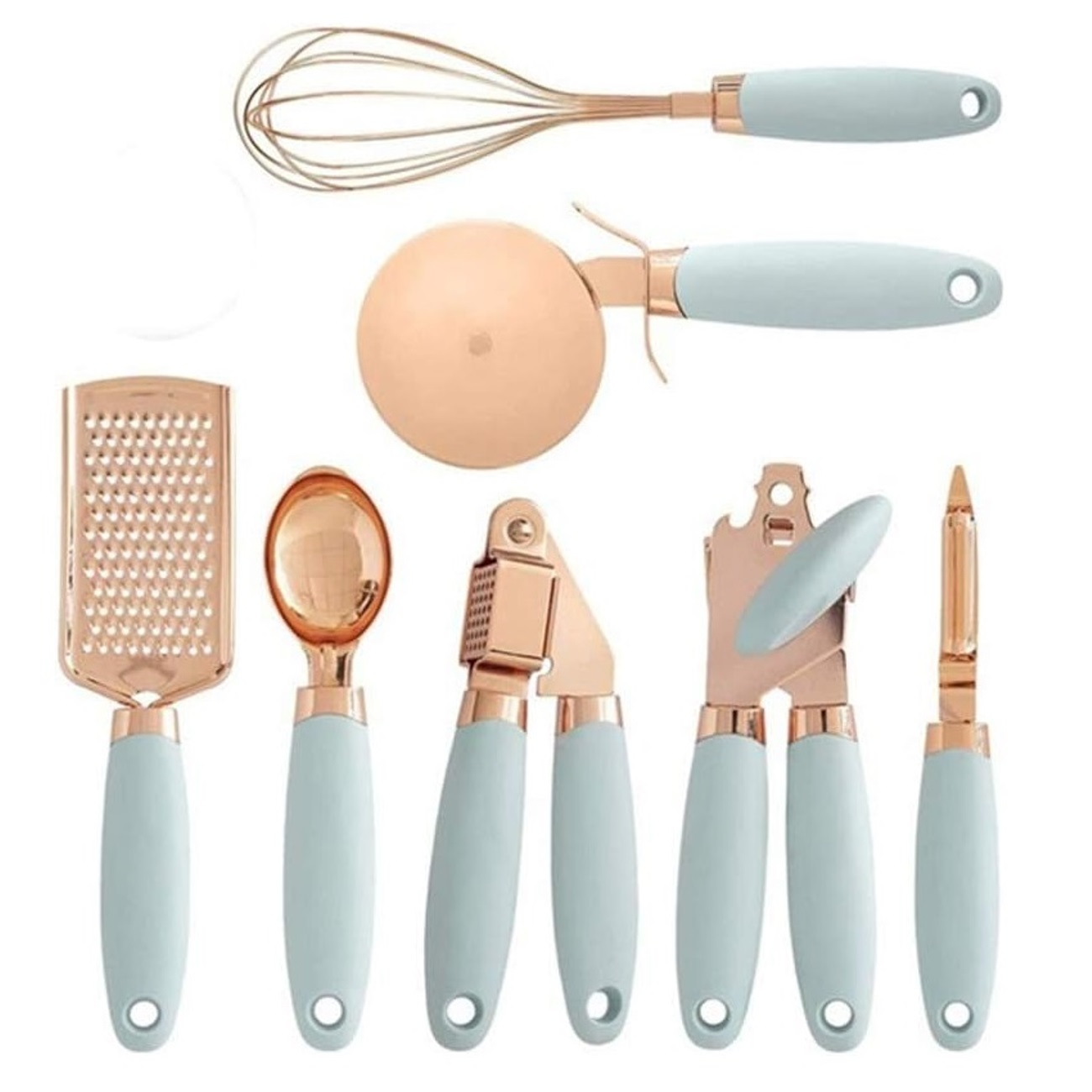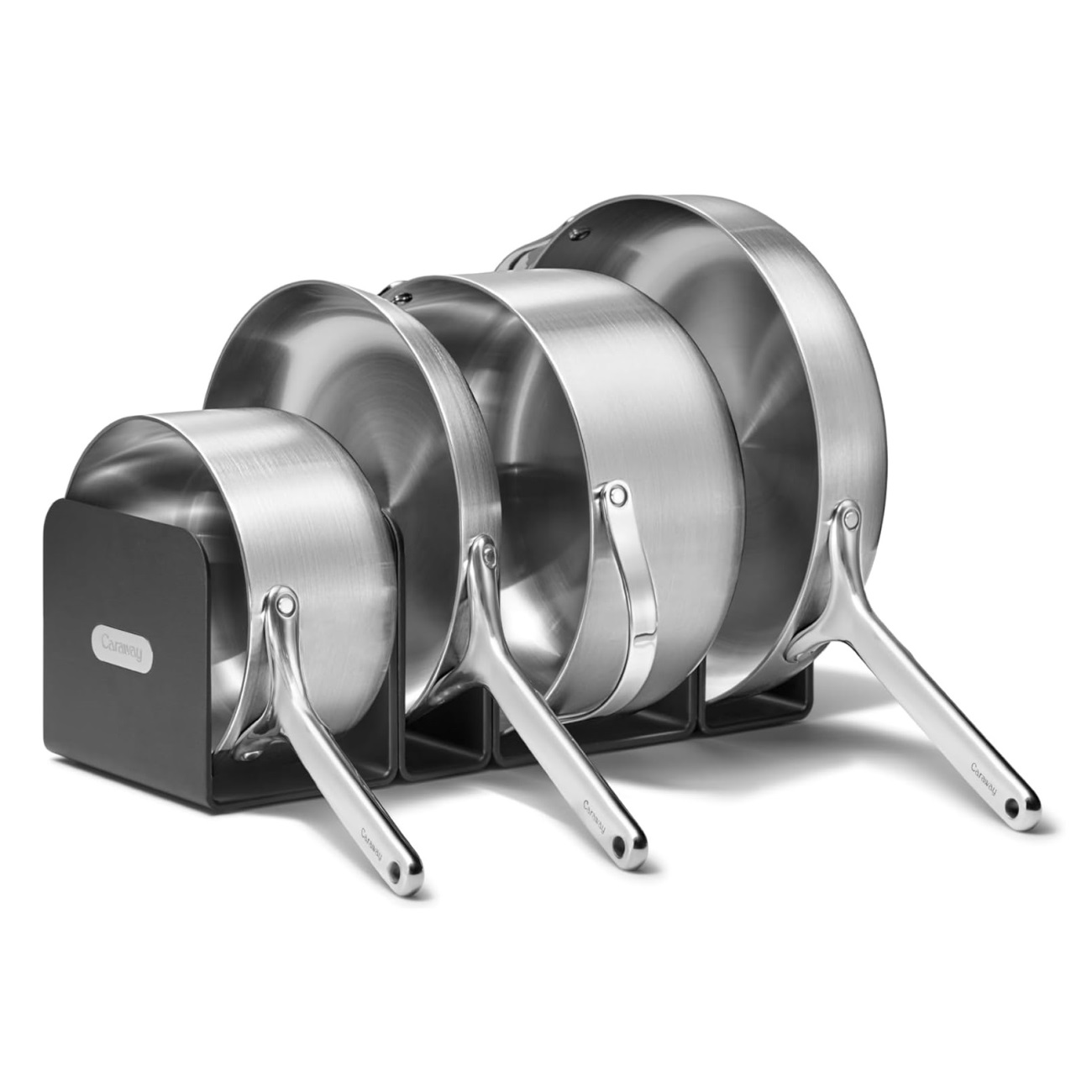Unlocking the Power of Gluten-Free Lentil Soup with Sorrel for Whole Health: A Nutritional Deep Dive
The Allure of Gluten-Free Lentil Soup with Sorrel in Whole Health Nutrition
In the world of holistic nutrition, where dietary choices directly influence overall well-being, a dish like gluten-free lentil soup with sorrel emerges as a powerhouse. This soup is more than just a comforting meal; it is a wellspring of health benefits that align perfectly with the principles of the Whole Health Flexi-Plan diet. By integrating nutrient-rich ingredients like lentils, sorrel, and lemon, this soup not only caters to those with gluten sensitivities but also supports a balanced, health-conscious lifestyle.
In this comprehensive article, we will explore the numerous health benefits of the ingredients found in this soup, analyze its nutritional profile, and discuss how it fits into various diet plans, particularly those focused on whole health and flexibility in eating.
Lentils - A Nutritional Powerhouse
Lentils, the heart of this soup, are small legumes that pack a significant nutritional punch. They are an excellent source of plant-based protein, making them a staple in vegetarian and vegan diets. With approximately 18 grams of protein per cup, cooked lentils are essential for muscle repair, enzyme function, and overall cellular health.
Nutritional Breakdown of Lentils:
- Protein: 18g per cup (cooked)
- Dietary Fiber: 15g per cup, contributing to 60% of the daily value (DV)
- Iron: 6.6mg per cup, fulfilling about 37% of the DV
- Folate: 358mcg per cup, providing 90% of the DV
- Magnesium: 71mg per cup, around 18% of the DV
- Calories: 230 per cup
Health Benefits of Lentils:
- Supports Heart Health: Lentils are rich in fiber, folate, and magnesium—all of which contribute to cardiovascular health. Fiber helps reduce blood cholesterol levels, folate aids in reducing homocysteine levels (a risk factor for heart disease), and magnesium improves blood flow and oxygen delivery.
- Promotes Digestive Health: The high fiber content in lentils ensures smooth digestion, helps maintain bowel regularity, and prevents constipation. The prebiotic nature of fiber also supports the growth of beneficial gut bacteria.
- Stabilizes Blood Sugar: Lentils have a low glycemic index, which means they release energy slowly, preventing spikes in blood sugar levels. This makes them an excellent choice for individuals with diabetes or those managing their weight.
- Boosts Energy Levels: The iron content in lentils plays a critical role in oxygen transport and energy production. Iron deficiency can lead to fatigue and decreased immune function, making lentils a vital food for maintaining energy.
Sorrel - A Tangy Leaf with Surprising Benefits
Sorrel, often overlooked in modern cuisine, is a leafy green with a distinctive tangy flavor. It's not only a culinary delight but also a treasure trove of nutrients and health benefits.
Nutritional Breakdown of Sorrel:
- Vitamin C: 48.9mg per cup, about 54% of the DV
- Vitamin A: 3,770 IU per cup, fulfilling 75% of the DV
- Calcium: 123mg per cup, approximately 12% of the DV
- Potassium: 392mg per cup, about 11% of the DV
- Calories: 29 per cup
Health Benefits of Sorrel:
- Enhances Immune Function: Sorrel is packed with vitamin C, a potent antioxidant that supports the immune system by protecting against free radicals and reducing inflammation. Regular intake of vitamin C is crucial for preventing infections and speeding up recovery from illnesses.
- Supports Eye Health: The high vitamin A content in sorrel promotes healthy vision and prevents conditions like cataracts and age-related macular degeneration. Vitamin A is essential for maintaining the health of the retina and cornea.
- Detoxifies the Body: Sorrel has been traditionally used for its diuretic properties, which help the body eliminate toxins through increased urine production. This detoxifying effect is beneficial for kidney health and overall systemic cleansing.
- Promotes Bone Health: Calcium and potassium in sorrel contribute to strong bones and teeth. These minerals are vital for bone density and preventing conditions like osteoporosis, especially in women.
The Role of Garlic and Onion in Health
Garlic and onion are more than just flavor enhancers; they are powerful health promoters in their own right. Both ingredients have been used for centuries in traditional medicine for their therapeutic properties.
Nutritional Breakdown of Garlic:
- Allicin: The primary bioactive compound, responsible for many of garlic’s health benefits
- Manganese: 2% of the DV per clove
- Vitamin B6: 2% of the DV per clove
- Vitamin C: 1% of the DV per clove
Health Benefits of Garlic:
- Boosts Immunity: Allicin, the compound released when garlic is crushed, has antimicrobial, antiviral, and antifungal properties. Regular consumption of garlic can enhance immune function and reduce the severity and frequency of common colds and flu.
- Supports Cardiovascular Health: Garlic helps lower blood pressure and cholesterol levels, reducing the risk of heart disease. It also promotes the dilation of blood vessels, improving circulation and reducing the risk of stroke.
- Acts as a Natural Antibiotic: Garlic has been recognized for its ability to fight bacteria and pathogens, making it a natural alternative to synthetic antibiotics for certain infections. [1]
Nutritional Breakdown of Onion:
- Vitamin C: 11% of the DV per medium onion
- Folate: 5% of the DV per medium onion
- Potassium: 5% of the DV per medium onion
Health Benefits of Onion:
- Anti-Inflammatory Properties: Onions contain quercetin, a powerful antioxidant that helps reduce inflammation in the body, lowering the risk of chronic diseases like heart disease and diabetes.
- Supports Bone Health: Onions have been shown to reduce bone loss and increase bone density, especially in postmenopausal women, making them beneficial for those at risk of osteoporosis.
- Promotes Heart Health: Onions contribute to heart health by reducing blood pressure, lowering cholesterol levels, and preventing clot formation, thereby reducing the risk of heart attack and stroke. [2]
Lemon - A Citrus Gem with Vast Health Benefits
Lemon is a staple in many recipes, not just for its bright flavor but also for its numerous health benefits. In this soup, lemon adds a refreshing acidity that balances the earthiness of lentils and the tanginess of sorrel. [3]
Nutritional Breakdown of Lemon:
- Vitamin C: 31mg per lemon, about 51% of the DV
- Fiber: 2.8g per lemon, approximately 10% of the DV
- Citric Acid: Approximately 5-6% of lemon’s dry weight
Health Benefits of Lemon:
- Boosts Immunity: Like sorrel, lemon is rich in vitamin C, which is essential for a robust immune system. Regular consumption can help fend off colds, flu, and other infections.
- Aids in Digestion: The citric acid in lemon stimulates the production of stomach acid, improving digestion and aiding in the absorption of nutrients. Lemon also acts as a natural detoxifier, helping to cleanse the liver and digestive tract.
- Promotes Skin Health: The antioxidants in lemon, particularly vitamin C, help combat skin aging, reduce wrinkles, and protect against sun damage. Lemon’s detoxifying properties also contribute to a clearer, healthier complexion.
- Balances pH Levels: Despite being acidic in nature, lemon has an alkalizing effect on the body, helping to balance pH levels and reduce acidity, which is linked to inflammation and chronic disease.
Olive Oil - The Heart-Healthy Fat
Olive oil is a cornerstone of the Mediterranean diet and is widely recognized for its heart-healthy benefits. In this lentil soup, it serves as the base for sautéing the onions and garlic, infusing the dish with healthy fats that enhance nutrient absorption and flavor. [4]
Nutritional Breakdown of Olive Oil:
- Monounsaturated Fat: 73% of the total fat content
- Vitamin E: 14% of the DV per tablespoon
- Vitamin K: 8% of the DV per tablespoon
- Oleic Acid: The primary fatty acid in olive oil, known for its anti-inflammatory properties
Health Benefits of Olive Oil:
- Protects Against Heart Disease: Olive oil is rich in monounsaturated fats, particularly oleic acid, which has been shown to reduce inflammation, lower bad cholesterol (LDL), and increase good cholesterol (HDL). These effects contribute to a lower risk of heart disease and stroke.
- Fights Inflammation: The polyphenols in olive oil have potent anti-inflammatory effects, which can help reduce the risk of chronic diseases such as heart disease, cancer, and arthritis.
- Supports Brain Health: Olive oil is beneficial for brain function, helping to protect against cognitive decline and neurodegenerative diseases like Alzheimer’s.
- Promotes Longevity: Studies have shown that populations that consume high amounts of olive oil, such as those in the Mediterranean, tend to have longer lifespans and a lower incidence of chronic diseases.
The Whole Health Flexi-Plan: A Balanced Approach to Eating
The Whole Health Flexi-Plan diet is a modern nutritional approach that emphasizes flexibility, balance, and a focus on whole, nutrient-dense foods. It’s designed to adapt to individual needs and preferences while ensuring that the body receives all the essential nutrients it requires for optimal health.
Key Principles of the Whole Health Flexi-Plan:
- Variety and Balance: The diet encourages a diverse intake of foods to ensure a wide range of nutrients. This includes a balance of macronutrients (proteins, fats, and carbohydrates) and micronutrients (vitamins and minerals).
- Whole Foods Focus: Processed foods are minimized in favor of whole, unrefined foods. This helps reduce the intake of unhealthy additives and preservatives, while increasing the intake of fiber, antioxidants, and essential nutrients.
- Flexibility: Unlike rigid diet plans, the Whole Health Flexi-Plan allows for flexibility in food choices and portion sizes, making it easier to maintain and adapt to different lifestyles and preferences.
Compatibility with Gluten-Free Lentil Soup with Sorrel: The gluten-free lentil soup with sorrel aligns perfectly with the Whole Health Flexi-Plan. It provides a balanced source of plant-based protein, essential vitamins, and minerals, while being low in calories and free from gluten. The soup’s high fiber content supports digestive health, while the variety of ingredients ensures a broad spectrum of nutrients that contribute to overall well-being.
Health Benefits of Gluten-Free Diets
For individuals with celiac disease or non-celiac gluten sensitivity, a gluten-free diet is essential for managing symptoms and maintaining health. However, even those without gluten-related disorders can benefit from reducing gluten intake, as it often leads to a more mindful approach to eating and a focus on whole, unprocessed foods.
Health Benefits of a Gluten-Free Diet:
- Improves Digestive Health: For those with gluten intolerance, eliminating gluten can alleviate symptoms like bloating, gas, diarrhea, and constipation. Even for those without sensitivity, reducing gluten can promote better digestion and gut health.
- Enhances Nutrient Absorption: Individuals with celiac disease often suffer from nutrient deficiencies due to damaged intestinal lining. A gluten-free diet allows the gut to heal, improving nutrient absorption and overall health.
- Increases Energy Levels: Gluten can cause inflammation in the gut, leading to fatigue and lethargy. Removing gluten from the diet can result in increased energy levels and improved overall vitality.
- Supports Weight Management: Many processed foods contain gluten, and eliminating them can lead to a reduction in calorie intake and weight loss. Additionally, focusing on whole, gluten-free foods can promote healthier eating habits.
The Importance of a Balanced Diet for Longevity
A balanced diet rich in whole foods, like the ingredients in this gluten-free lentil soup with sorrel, plays a crucial role in promoting longevity. By providing the body with essential nutrients, antioxidants, and anti-inflammatory compounds, such a diet supports the body's natural defenses against age-related diseases and promotes overall vitality.
Key Components for Longevity:
- Antioxidants: Found in foods like sorrel, onions, and garlic, antioxidants protect the body from oxidative stress, a major factor in aging and chronic disease.
- Anti-Inflammatory Foods: Olive oil, lentils, and garlic are known for their anti-inflammatory properties, which help reduce the risk of diseases such as heart disease, cancer, and arthritis.
- Fiber-Rich Foods: Lentils and sorrel provide ample fiber, which is essential for maintaining digestive health, reducing cholesterol levels, and stabilizing blood sugar.
Who Can Benefit from Gluten-Free Lentil Soup with Sorrel?
This soup is not only beneficial for those following the Whole Health Flexi-Plan but is also suitable for a variety of other diet plans. Its rich nutritional profile and gluten-free nature make it an excellent choice for:
- Vegetarian and Vegan Diets: As a plant-based dish, this soup fits perfectly into vegetarian and vegan diets, providing essential nutrients that are sometimes harder to obtain from non-animal sources.
- Weight Management Diets: With its low-calorie and high-fiber content, this soup is a great addition to weight management diets, helping to keep you full and satisfied while supporting weight loss goals.
- Diabetic Diets: The low glycemic index of lentils and the high fiber content of the soup make it an ideal choice for those managing diabetes or blood sugar levels.
- Anti-Inflammatory Diets: The ingredients in this soup, particularly the olive oil, garlic, and onions, have anti-inflammatory properties that can help reduce inflammation and promote overall health.
Elevating Your Health with Gluten-Free Lentil Soup with Sorrel
Incorporating gluten-free lentil soup with sorrel into your diet is more than just a dietary choice; it's a commitment to holistic health and well-being. Each ingredient in this soup is carefully selected to provide maximum nutritional benefits, supporting everything from heart health to digestive wellness. Whether you are following the Whole Health Flexi-Plan or another balanced diet, this soup offers a delicious and healthful way to nourish your body.
As we continue to explore the relationship between food and health, dishes like this serve as a reminder that eating well can be both satisfying and beneficial. By choosing nutrient-dense, whole foods, you are taking an essential step towards a healthier, longer life.
Kitchen Tools We Love:




